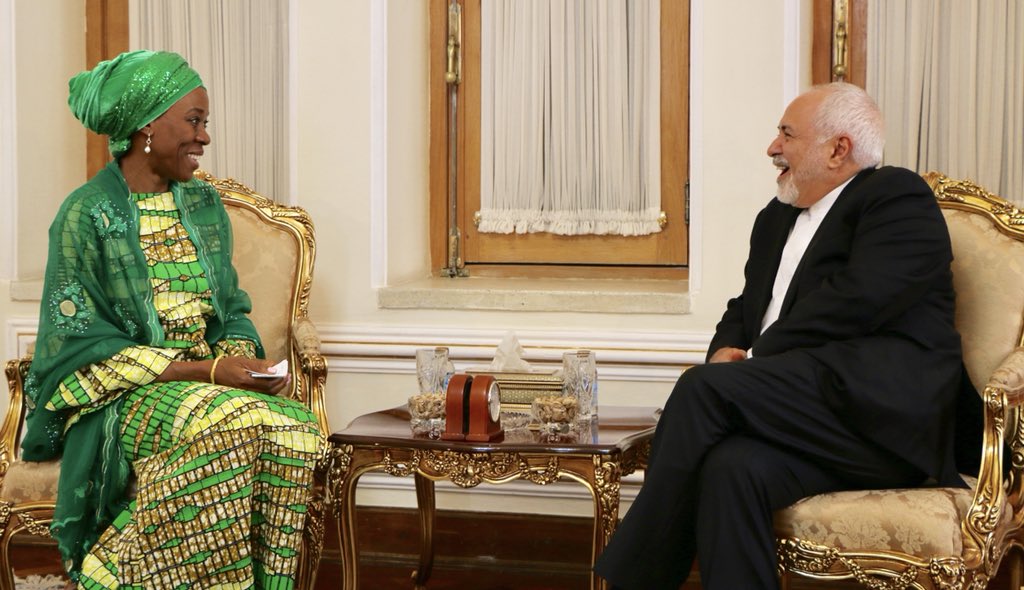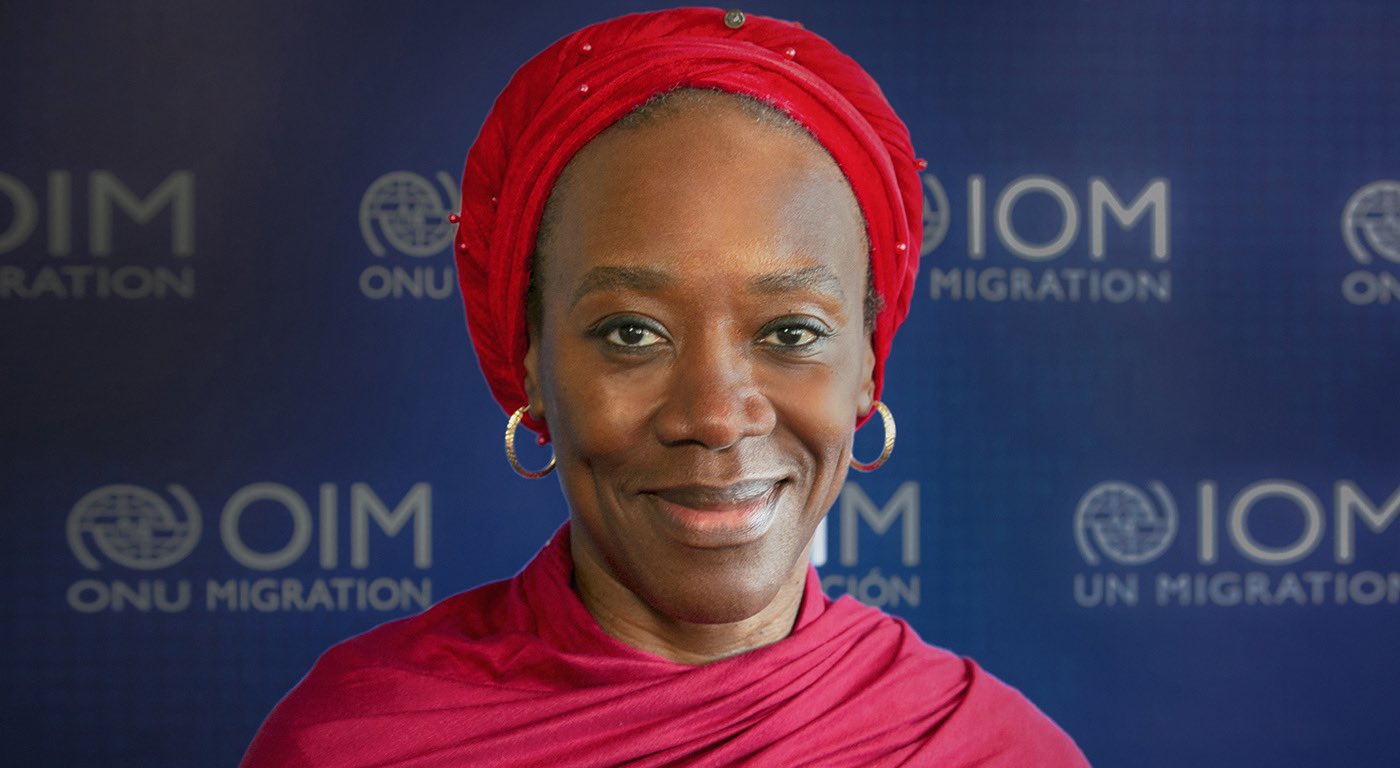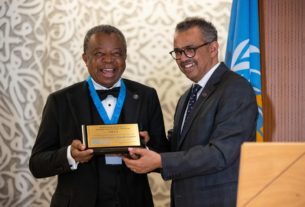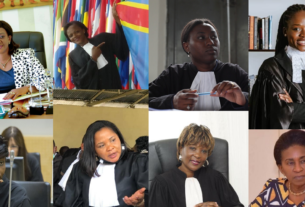A Nigerian national, she will be in charge of the operations of this United Nations agency which is the leading intergovernmental organization in the field of migration.
Ugochi Daniels joins IOM from the United Nations Relief and Works Agency for Palestine Refugees in the Near East (UNRWA), where, since September 2020, she has served as Chief of Staff to the Commissioner General. Prior to her assignment at UNRWA, she served as the UN Resident Coordinator and Designated Official for Security in the Islamic Republic of Iran, appointed on September 10, 2018.

Prior to that, Ugochi Daniels was the head of the humanitarian and fragile contexts branch of the United Nations Population Fund (UNFPA) program division since 2013. She had joined UNFPA in 2002 as deputy program director of the African Youth Alliance. In 2007, she became UNFPA’s deputy representative in Nepal and in 2010, she was appointed UNFPA’s representative in the Philippines, where she helped ensure that partnership with humanitarian agencies was central to UNFPA’s response to natural disasters.
In 2012, Ugochi Daniels served as resident coordinator and acting humanitarian coordinator in the Philippines.

Advocating for one of the world’s most neglected causes
Throughout her career with UNFPA, Ugochi Daniels, it is explained, has championed one of the world’s most neglected issues: the health needs of women in humanitarian emergencies. As the former head of UNFPA’s Humanitarian and Fragile Settings Branch, Ugochi (Ugo) Daniels pushed for more attention and resources to help more girls and women get the care they need and deserve: medical services for safe pregnancies, counseling for survivors of sexual violence, contraception, and basic dignity kits containing items such as sanitary pads and soap. For Ugochi Daniels, her work is not just about statistics, it’s about people. That’s how he met Syrian refugees, pregnant women facing the perils of drought in Somalia and survivors of sexual abuse in the Philippines.

Prior to joining UNFPA, Ugochi Daniels worked in the USAID office in Nigeria between 1999 and 2002 in the Office of Transition Initiatives and later as a monitoring, evaluation and information specialist. She focused on institutional strengthening, networks and partnerships, women’s access to health services, and women’s participation in political processes.



